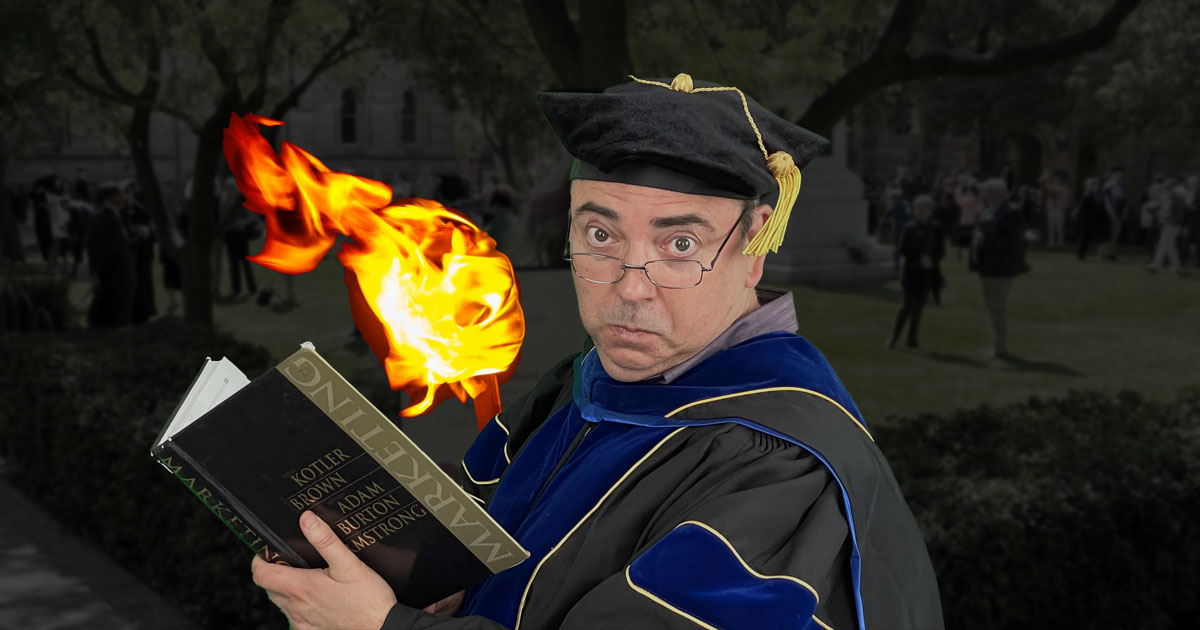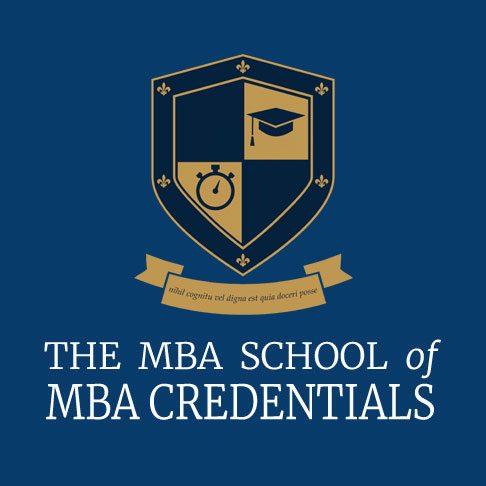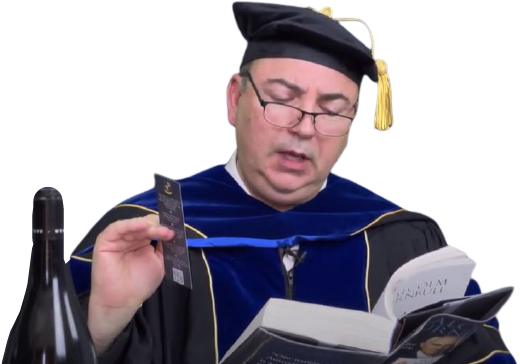
In the wake of the Covid-19 pandemic robbing Adelaide University of international students, the institution is shutting down this week to save money on wages and electricity but it doesn’t have to be all doom and gloom. In fact, there are some glowing reasons why going dark for a week should be embraced.
In the article, Adelaide Uni shuts down for week after pandemic hits bottom line, by Stephanie Richards, we learn:
The revenue hit was largely spurred by the loss of international students, who were barred from coming to Australia due to ongoing coronavirus-prompted border closures. In response, the [National Tertiary Education] union and university agreed to introduce a “purchased leave” arrangement, whereby staff salaries are reduced each fortnight in exchange for access to more leave.
In response to this news, I called our faculty together for one of our emergency spa evenings and we brainshopped a few ideas to share with our ivy-covered cousin.
Seek light: Going dark emphasises a popular Adelaide University tagline
If you recall, almost 10 years ago, Adelaide Uni got quite a bit of cut through with its series of beautiful ads entitled, Seek Light.
The gist of the messaging was that students of the university are encouraged to seek light on their path to wisdom.
Needless to say, by turning off the lights for more than a week, perhaps for a whole semester, the university might not only save more money but live up to its marketing message by requiring students to literally seek light as they move about the various buildings on campus.
We’re certain this is the sort of story that the university’s favourite media outlet, InDaily, would love.
But there’s another news organisation that has a role to play.
Time for On Dit to be constructive
Adelaide University’s cheeky, irreverent, and sometimes downright annoying publication, On Dit, has a chance to really make its mark during these times of straitened financial circumstances.
The crux of the matter pertains to the university needing to create a culture of conservatism; not politically (it already has that) but figuratively.
It needs to build on the subliminal messaging in buildings such as the Elder Conservatorium, and cultivate a culture in which everything leans towards the inclination to conserve, especially in relation to electricity and other resources.
We know, from academics like Robert Cialdini, that there is persuasive power in seemingly subtle things like titles and common words.
For example, in his latest book, Pre-Suasion, he quotes a policy from a hospital that was very strict about wording, for the common good:
As a health care organization, we’re devoted to acts of healing, so we never use language associated with violence. We don’t have bullet points; we have information points. We don’t attack a problem, we approach it.
Therefore, in this time when the university needs to be turning lights off to save money, having a student paper called ON Dit will be undermining those efforts.
So, we suggest renaming the paper Off Dit.
You’re welcome.
Use time to put your acrobatic reading skills on
Ending sentences with prepositions or omitting them altogether, starting sentences with conjunctions, or leaving sentences incomplete, these are some of the things we hear professors need to deal with when reading work handed up by students who have English as a second language.
During A Lunchtime MBA, a number of faculty members from Adelaide University and other institutions bemoaned the stilted language they had to interpret and the possible plagiarism they had to navigate politically, to keep all parties happy; university, students, and wealthy families.
We’re not throwing stones though. Some of our alumni who “earned” their MBA during our lunchtime sessions would have struggled to match even the worst of the aforementioned ills, especially after a few drinks.
But given the importance of foreign students and the difficulty of grasping English and its myriad rules, we believe the best course of action for professors during this “off” week is to maintain linguistic flexibility by reading some books that are written so poorly (for artistic effect, of course). Here’s our reading list for this week:
- Ulysses, James Joyce
- The Bluest Eye, Toni Morrison
- True History Of The Kelly Gang, Peter Carey
To get you started, here’s a quote from Carey’s book about Ned Kelly with a taste of “proper” bad English:
And with that he turned away. If he had a swag it were hidden somewhere up the track for my mother never seen it and if he had baby rats riding in his pocket they was cleverly concealed for my mother detected nothing astir on his person. He were just a stinky old man in a woollen coat he went off down the muddy track to the creek then cut down in the direction of Winton. She never saw him again but he were correct that she would remember the name of Kevin the Rat Charmer for many a day.
On that note, talking about rats, if anybody at the university can lend us a key, we’ll pop over and feed the lab rats for the week. Hmmm, literature can be helpful in prompting us to remember things!


Leave a Reply